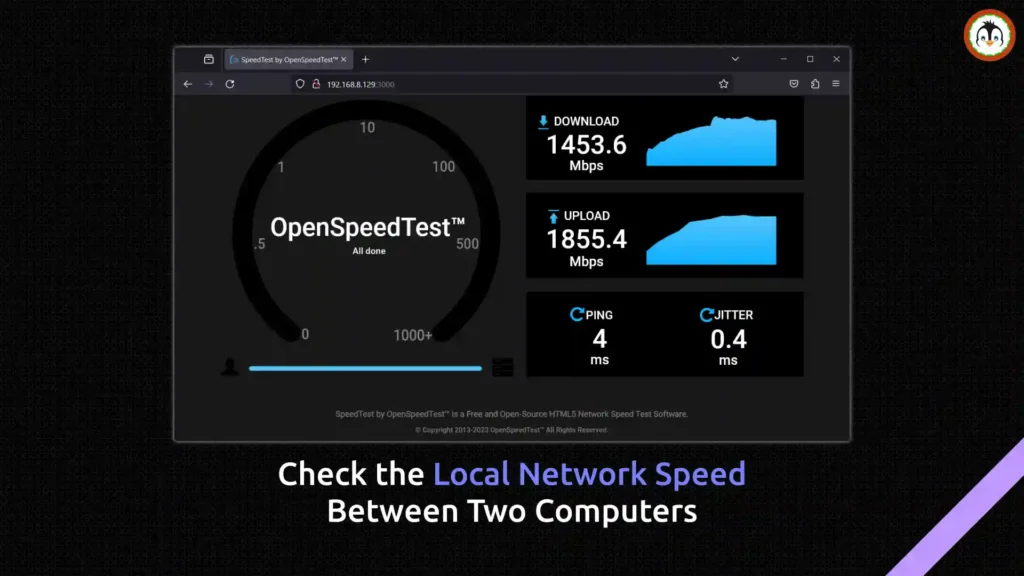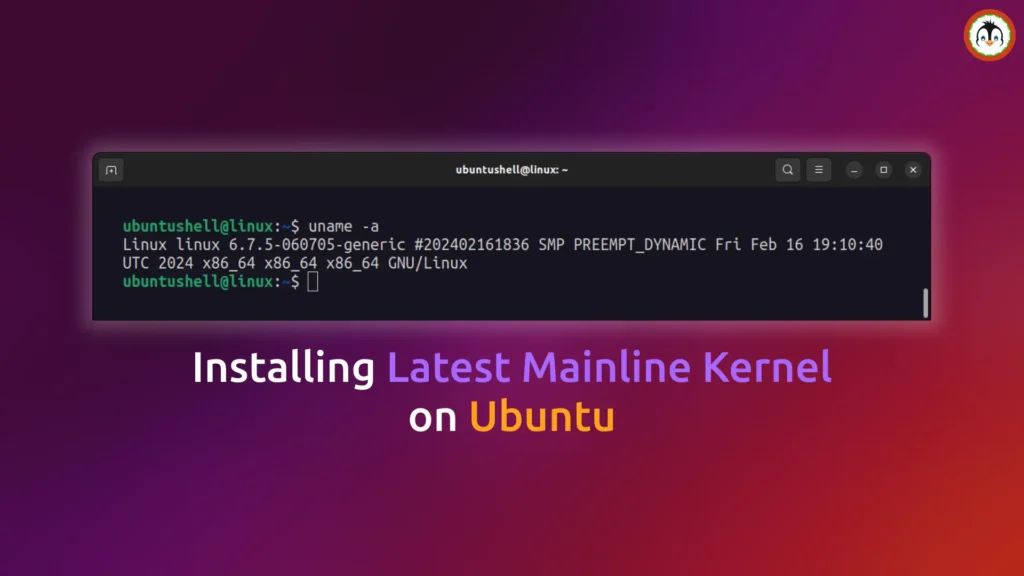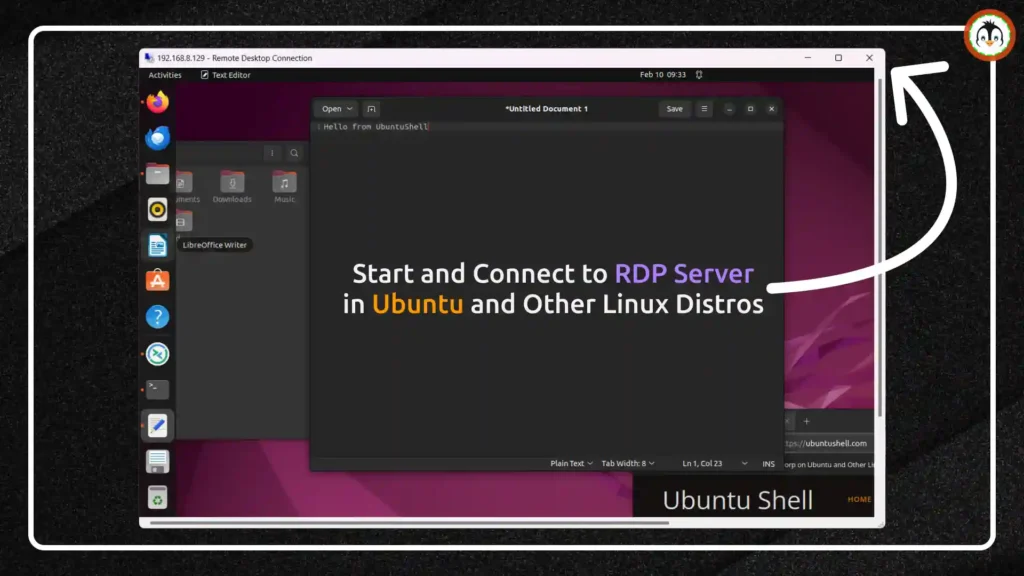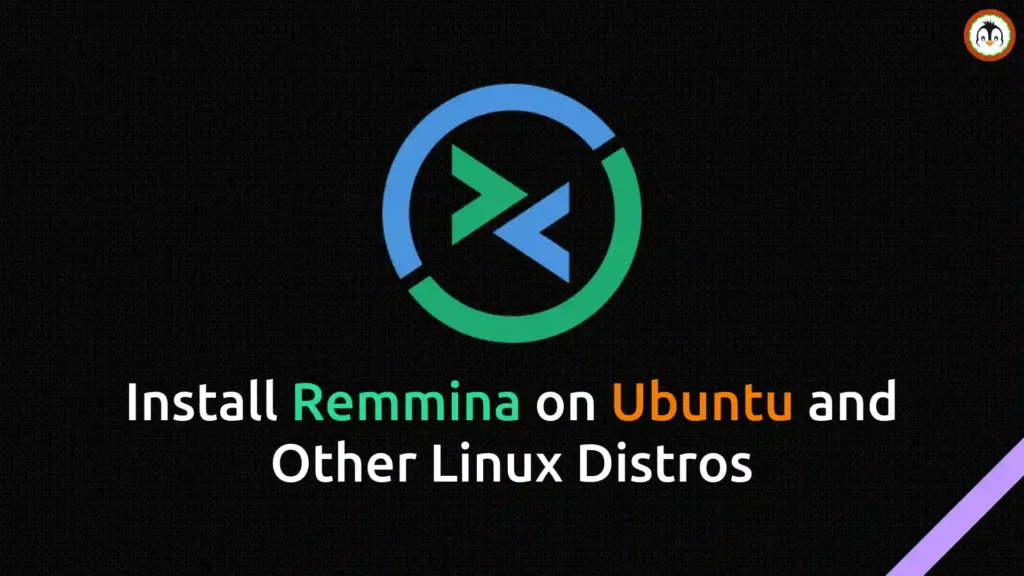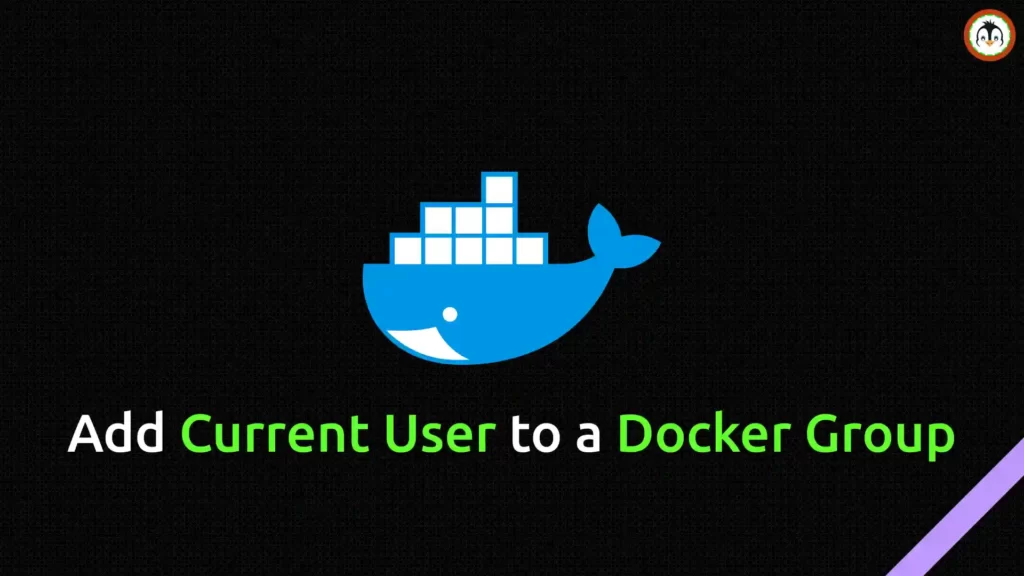Checking the internet speed between your computers on the local network is a straightforward method to determine the full potential of your system's LAN or WiFi adapter (including router). This…
Homebrew, originally the default package manager for macOS, is increasingly gaining popularity in the Linux community since its introduction to Linux. It doesn't depend on any software infrastructure for backend…
The kernel is one of the most important components in a computer, and sometimes people misunderstand Linux as an operating system, when in fact it is a kernel rather than…
Bore is a free and open-source command-line utility written in Rust that aims to allow users to expose a local port to the internet without needing port forwarding. The default…
The Remote Desktop Protocol (a.k.a. RDP) is a well-known built-in protocol for Windows systems that lets users or someone else access a Windows system with the remote desktop enabled for…
Remmina is a free (licensed under copyleft) and cross-platform remote desktop client that aims to simplify remote access for screen sharing and file sharing on your desktop. Available for major…
Linux users often find it challenging to list all the open ports in their system and the services responsible for managing those ports. In this article, I'll guide you through…
Are you irritated by the following permission denied error in Docker? Then, most probably, you are running your Docker commands as a non-super user or without a sudo as a…
Minikube (also referred to as "mini-Kubernetes") is a single-node Kubernetes cluster that can run locally to help you learn the concept of Kubernetes clusters. It uses virtualization technology using a…
